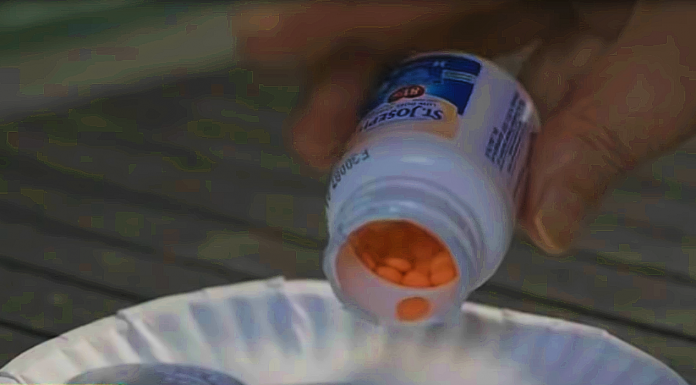A new study following up on Israeli research suggests that the most successful drug ever discovered, aspirin, may also be helpful against COVID-19 says the Jerusalem Post.
“The team investigated more than 400 COVID patients from hospitals across the United States who take aspirin unrelated to their COVID disease,” said JPost.com
It “found that the treatment reduced the risk of several parameters by almost half: reaching mechanical ventilation by 44%, ICU admissions by 43%, and overall in-hospital mortality by 47.”
The study from the George Washington University helped substantiate a previous study conducted by Israeli researchers in March.
The Israeli study looked at people who were already taking low doses of aspirin to reduce the risk of heart disease and found that aspirin users “had a 29% lower risk of contracting COVID-19 compared to those who didn’t take aspirin, and that rates of aspirin use were much lower among COVID-19 patients than among those who didn’t get infected,” said a WebMD summary of the study.
“Now that we’ve figured out that aspirin is saving the elderly from the vaccine-induced blood clots that are killing the young, we’ve randomly decided to change the recommendations we’ve had in place for years!” https://t.co/ARRXyA7AOb
— James Lindsay, anti-CRT infrastructure (@ConceptualJames) October 13, 2021
Some people are already bracing for a push-back from the medical community on the studies.
New reports this week have downplayed aspirin’s effectiveness in combating a first heart attack and raised new worries about bleeding amongst users.
Aspirin is widely used as an anti-inflammatory medicine and also to prevent blood clots—both of which are complicit in COVID.
That said, the studies are just preliminary findings that can be used to generate hypotheses about the mechanism of action aspirin has with COVID. Further research is need.
WebMD said the study doesn’t provide cause and effect, but only associations between aspirin and lower COVID rates. The lower rates could be caused by other factors not known.
And aspirin, while widely tolerated, isn’t without risks.
“Aspirin, while having a substantial effect on reducing blood clots, can also cause bleeding disorders and stomach ulcers and has harmful side effects on patients to whom the treatment is not indicated,” says JPost.com “Be advised that new treatments should never be started without consulting a healthcare provider.”

